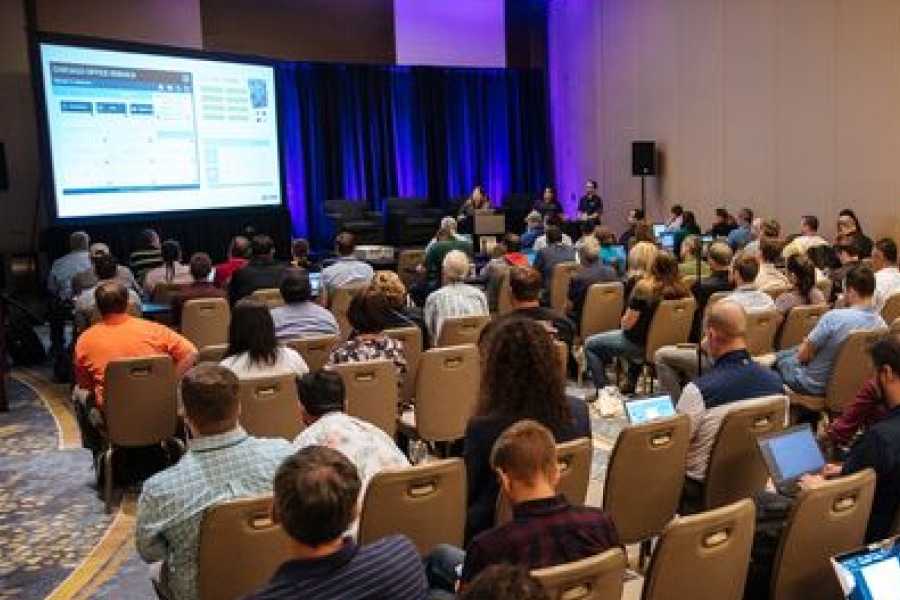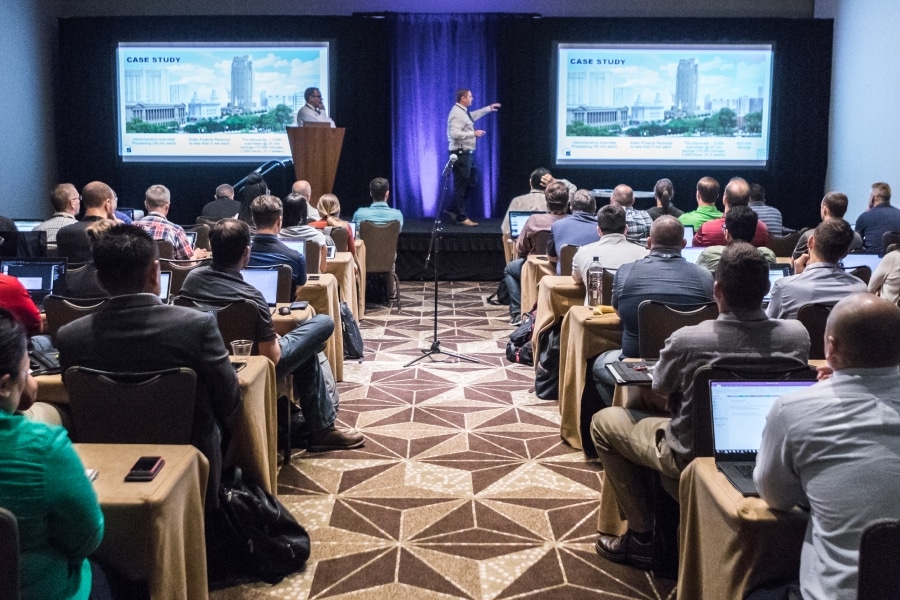Don’t be afraid of “digital collaboration.” That’s one key takeaway from the recent conversation between Don Jacob, Chief Technology Officer at Bluebeam, Inc. and Fred Mills, Co-founder of video channel The B1M and a leading website for sharing construction knowledge and insights with the field. We often hear phrases like “BIM” or “digital solutions” being tossed around, but Jacob and Mills set out to break down what some of those things really mean—and the five easiest ways to achieve them:
- Work in a common data environment. This means having a “centralized, singular source of truth,” as Jacob says. In other words, make sure that everybody on your project can access the most current, up-to-date information without having to sift through many versions. This significantly eliminates the risk of rework.
- Be able to access your information. This goes hand in hand with a common data environment, because what good is all that information if you can’t access it in the field, in the airport, in your office or in a meeting with the owners?
- Establish protocols (and stick to them). Standardize processes, protocols and projects. When everybody knows and abides by the rules, documents are easier to read, schedules stay on track and success becomes replicable.
- Work with a universal file format. In an industry where architects may use one very expensive software, engineers and project managers yet another, having a universal file format reduces the need for expensive licenses and unreliable file conversions. The architect and the foreman can be on the same page when everybody’s using PDF.
- Communicate. Because digital tools just can’t replace human beings. This is “even more important in a digital environment,” says Mills, because you no longer have the team sitting around one table, looking at the same blueprint. Taking advantage of a tool like Bluebeam Studio allows collaborators around the world to “sit down together” and talk with each other while looking at the very same document on their computer screens, in real time.
Watch the video for the full conversation.











